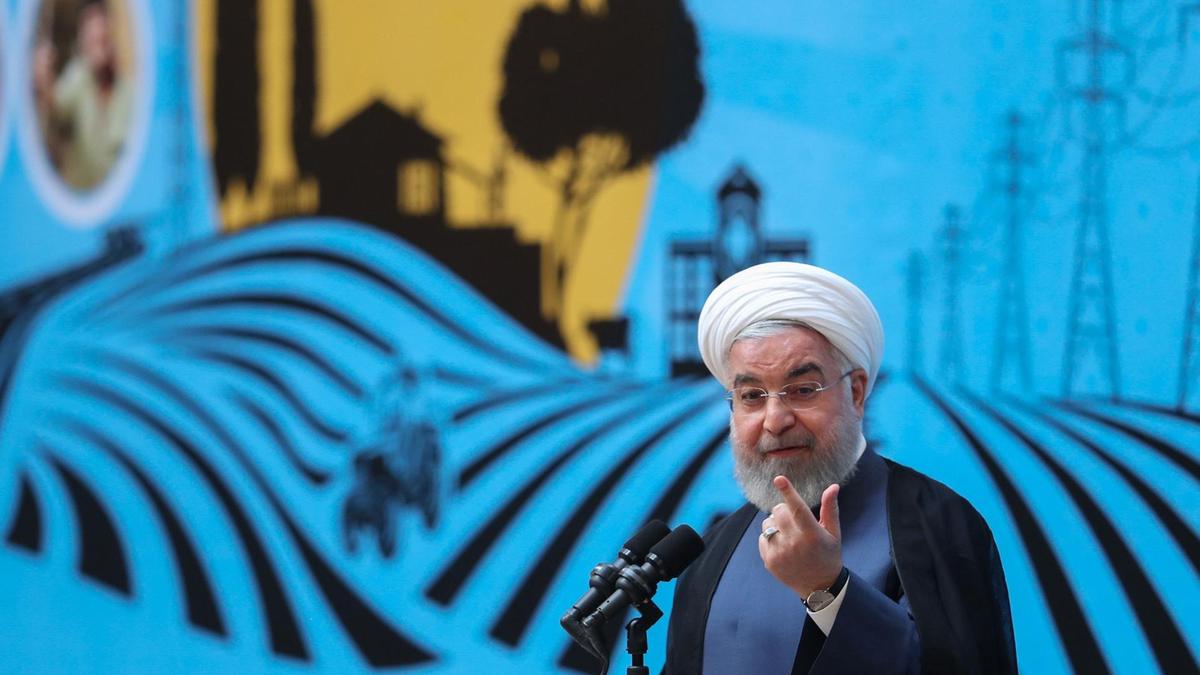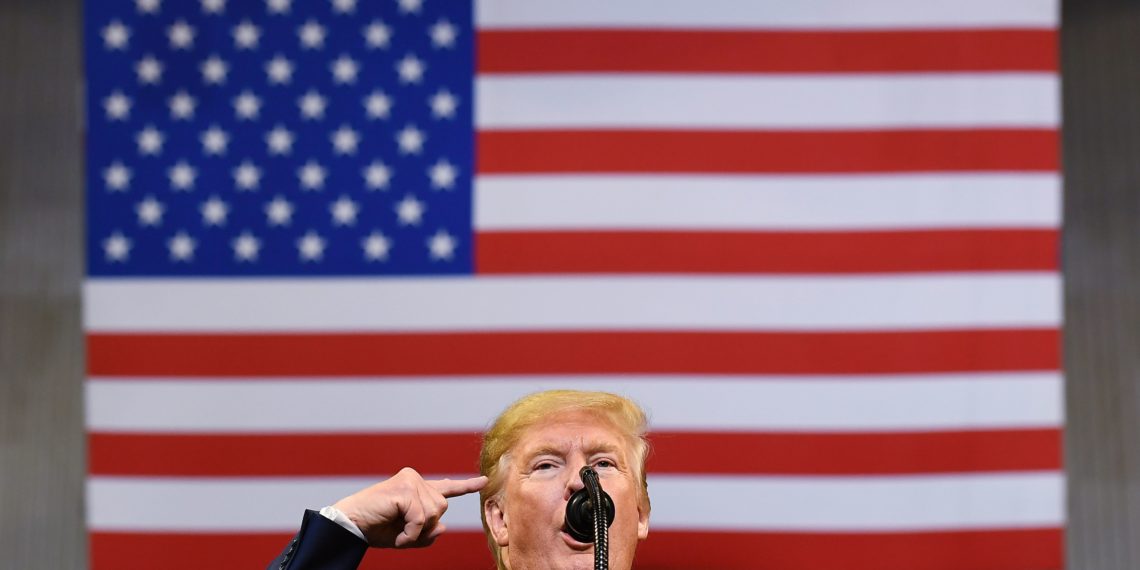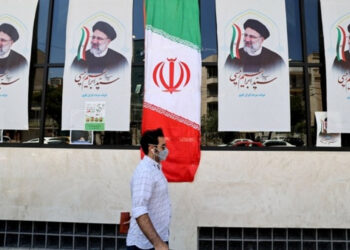The world may be in awe of the United States’ economic, political, and military power, yet America carries a blemish in its approach to foreign policy. While Washington speaks and attempts to project a preoccupation with human rights, freedom, and peaceful co-existence, the country has been engaged in foreign conflicts throughout much of its history.
The United States has a permanent tilt toward war and away from diplomacy and peace. What are America’s shortfalls in foreign policy and how does that reflect in dealings with Iran?
Know Your Adversary
American policymakers pay little attention to the thinking and perspective of adversaries. As in a game of poker, a profound understanding of an adversary undoubtedly affords a clear advantage in negotiation and implementation. Such knowledge entails a deep appreciation of a country’s history, culture, and economic, political, and military conditions, as well as the history and thinking of decisionmakers.
Books are useful, but having direct contact with the other side – conversations and observations of how they react to events and pressures from adversaries – is indispensable. As part and parcel of such knowledge from a trusted national security advisor, it is helpful for a decisionmaker to imagine how they would react if placed in the position of the adversary.
While such an approach would only support sound policymaking, the opposite – hubris, arrogance, and “my way or the highway” – may momentarily cower an adversary but makes matters worse over time.
Soleimani’s Killing
The assassination of General Qasem Soleimani shows no understanding of Iran. To Iranians, Soleimani was not a terrorist but a nationalist who did all he could to enhance the country’s ability to defend itself. He was widely viewed as an icon, as evidenced by his funeral’s attendance and praise from none other than Ardeshir Zahedi, the Shah’s son-in-law and former foreign minister and ambassador to Washington, whose father helped restore the Shah to the throne in 1953. In an interview after General Soleimani’s assassination, he said that he was proud of the patriot Soleimani and respected the government of the Islamic Republic.
Yes, General Soleimani’s orders and actions killed Americans. But America surrounded Iran and had earlier supported Saddam Hussein with intelligence and weaponry, even with outlawed chemical weapons, in a war that killed hundreds of thousands of Iranians.
Are the Americans who were involved in such killings bad, and does that make them fair game for assassination around the world? Wouldn’t an American patriot defend their country as did Soleimani if they were in his position?
Soleimani’s elimination is a dangerous precedent that exposes American decisionmakers to possible assassination anywhere in the world by a whole host of enemies. Are all Middle East rulers now more in danger of assassination? Even Nazi war criminals were tried first. The killing of General Soleimani will have repercussions that we cannot even begin to imagine today.
Think Ahead
A skillful chess player thinks many moves ahead. The player who can accurately think the most moves ahead is the likely winner.
In foreign affairs, skills need to go far beyond those required for a game of chess. In foreign affairs, the current “game” will impact many other games. A policy affects other countries and relations with them, now and over time. Yet, it appears that Americans look at decisions affecting a single event with little connection to other events and with no attention to time.
Did Washington predict the angry reaction of Iranians to General Soleimani’s assassination? No, if you believe Donald Trump. Did it anticipate Iraqis’ response, with the government asking the U.S. to leave Iraq? The reaction of U.S. allies and adversaries? The very real possibility of a NATO breakup? How this will evolve and play out over time?
Consistency and Rule of Law
To be credible, policies need consistency in formulation and implementation. When the U.S. touts human rights, does it practice respect for human rights everywhere or does it pick and choose when it suits its purpose?
One of America’s stated differences with Iran is Tehran’s treatment of religious minorities, and yet Washington backs Saudi Arabia, possibly the country with the worst record of tolerance.

How credible is America’s word when it publicly decries torture and political imprisonment and yet is mum on the dismemberment of a journalist in a Saudi Consulate in Istanbul and supports Saudi Arabia’s atrocities in Yemen with munitions, intelligence, and aerial support? How credible is its vocal support for international law when the U.S. supports Israel’s illegal confiscation of Palestinian land?
Is America’s adherence to the rule of law believable and trusted when it assassinates a general of a country with false justification, in a third country, and without that country’s concurrence?
Domestic Support and Lies
A country’s foreign policy is more credible and effective if it enjoys domestic support. In the United States, presidents, cabinet members, and lawmakers routinely tell half-truths and lies to garner political advantage, with an eye toward the next election. Sadly, in recent days, senior members of the U.S. military have felt obliged to echo the pronouncements of their commander in chief. Their lies are then propagated by the media affiliated with their political party. This the country does to its peril.
We killed the most powerful man in Tehran short of the Ayatollah.
This was not an act of revenge for what he had done in the past.
This was a preemptive, defensive strike planned to take out the organizer of attacks yet to come.
— Lindsey Graham (@LindseyGrahamSC) January 3, 2020
A country is strengthened by a well-informed electorate. The assassination of General Soleimani was littered with lies: Soleimani was a terrorist, responsible for millions of deaths, hated in Iran, with Americans in the Middle East safer after his murder. With every lie, Iran is further vilified and threatened.
When Americans are constantly fed lies and the image of a bloodthirsty Iran, rapprochement becomes ever more difficult. Since the wrongful hostage-taking by Iranian students in 1979, the continuing barrage of exaggerations and lies have propelled Iran as the biggest danger to the United States, a perception that becomes increasingly difficult to correct.
Soft Power
While many factors affect a country’s soft power in the world – movies, TV, literature, research, inventions, universities, and other cultural contributions – humanity toward others is what matters most. It is the unwavering support for peace and human rights.
Iranians who were sympathetic to American policies are now largely behind the regime in Tehran and anti-American. Similarly, Iraqis who were demonstrating in the street against Iran are now more united against America.
“No to Iran, no to America” say signs and chants in Baghdad’s Tahrir Square as crowds start to swell. Protesters say they are fed up of their country being someone else’s battlefield. “We deserve to live in peace,” says 21 year old Zahraa. pic.twitter.com/9lqdvunAwE
— Louisa Loveluck (@leloveluck) January 10, 2020
The United States is perceived as an arrogant imperialist power. When the Iraqi parliament voted to expel U.S. forces, President Trump said America won’t leave and then only if paid billions.
The Future
Today’s America has a morality deficit. A country that was universally admired after WWII has fallen in the eyes of many. The United States no longer leads the world by example but increasingly bullies with threats and military might.
America’s stand in the Middle East and the assassination of General Soleimani are likely to eventually lead to terrible turmoil, largely because most American decisionmakers are focused on the next election and little else.
Today, the result of America’s support for the Shah can be seen in Iran and all over the Middle East. America’s military now faces expulsion in Iraq with rulers elsewhere pressured to reduce the American footprint. America’s support for Arab dictators will not end well. The people of these countries will eventually stand up for their dignity and freedom to support human development and stamp out corruption.
If further pressed and squeezed, Iran will exit the Treaty on the Non-Proliferation of Nuclear Weapons (NPT) and may do all it can to develop its nuclear capabilities. As regularly threatened and advertised, if the U.S. and Israel bomb Iran, then America’s credibility will sink to new lows while the region could descend into the abyss.
Disclaimer: The views and opinions expressed here are those of the author and do not necessarily reflect the editorial position of The Globe Post.





















